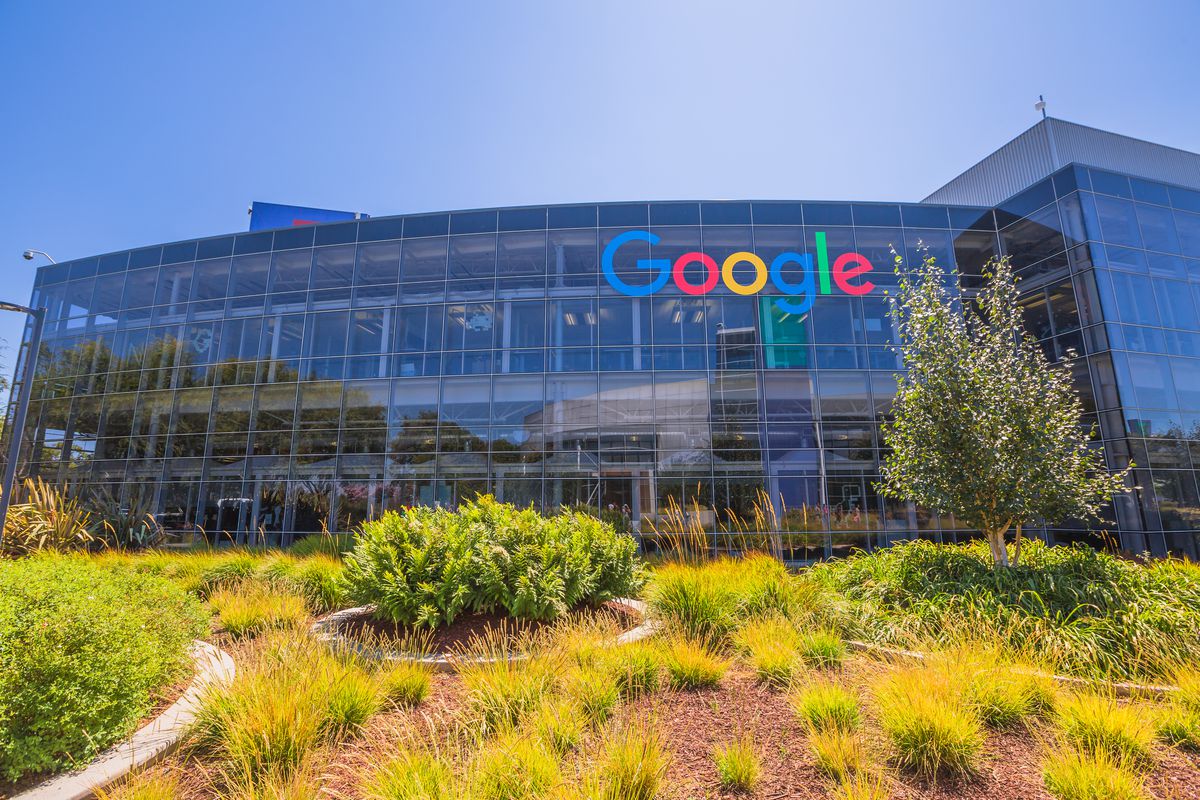The digital world has once again been shaken by one of the largest cybersecurity incidents in history. Reports confirmed that a massive Gmail data breach has exposed the personal information of more than 2.5 billion users globally. This staggering number puts the breach among the most significant leaks ever recorded, creating serious concerns about user privacy, online safety, and the growing sophistication of cybercriminals.
While Google has swiftly responded with enhanced security measures and issued warnings to users, the scale of this breach raises an urgent question: how prepared are individuals and corporations in protecting their digital assets in today’s hyperconnected world?
The Scale And Impact Of The Gmail Data Breach
The recent Gmail data breach is unprecedented in scale. With over 2.5 billion accounts reportedly affected, the leak is not just a numbers issue but a severe security threat that could ripple across multiple industries and governments. Gmail, being the dominant email platform with more than 1.8 billion active users, is heavily integrated into everyday activities, from personal communication to business operations.
The exposed data reportedly includes usernames, email addresses, and possibly even sensitive information that can be exploited for phishing, identity theft, and financial fraud. Cybersecurity experts warn that attackers could use the leaked data to orchestrate targeted attacks, impersonate users, and infiltrate corporate systems that rely on Gmail credentials.
What makes this incident particularly alarming is the fact that email accounts often serve as gateways to multiple online services. From banking platforms to cloud storage, a compromised Gmail account could give hackers a pathway to access far more than just email conversations.
Google’s Response And Strengthened Security Measures
In the wake of the Gmail data breach, Google has moved quickly to contain the damage and restore user trust. The company confirmed the incident and urged users to remain vigilant, especially when it comes to suspicious emails, login attempts, or unfamiliar devices accessing their accounts.
To strengthen its defenses, Google has rolled out additional security recommendations, including enabling two-factor authentication (2FA), reviewing account activity logs, and updating passwords immediately. The company also announced that its security teams are investing in advanced monitoring systems and AI-driven threat detection to prevent similar incidents in the future.
Google has long prided itself on having some of the most advanced cybersecurity infrastructures in the tech industry. However, this breach highlights that no system is completely immune to sophisticated attacks. Even the most secure platforms remain vulnerable to evolving cybercrime strategies that exploit human behavior and technological weaknesses.
Why Gmail Data Breaches Are Increasing
The Gmail incident is not an isolated case but part of a growing trend of large-scale cyberattacks targeting global tech giants. According to a 2024 report by Cybersecurity Ventures, data breaches are expected to cost the world $10.5 trillion annually by 2025. The increasing reliance on digital platforms has made email services like Gmail a prime target for hackers.
Several factors contribute to the rising number of data breaches:
- Valuable Information Stored In Emails: Email accounts often store sensitive data, from financial details to corporate contracts.
- Reuse Of Passwords: Many users still reuse passwords across multiple platforms, making it easier for hackers to expand their access once one account is compromised.
- Phishing And Social Engineering: Attackers often exploit human psychology, tricking users into clicking malicious links or revealing personal information.
- Advanced Hacking Tools: Cybercriminals now use AI-driven techniques to automate attacks and bypass traditional security systems.
The Gmail case is a wake-up call, not only for tech companies but also for users who may underestimate the importance of cybersecurity hygiene.
What Users Should Do After The Gmail Data Breach
While Google has taken action, the responsibility for personal digital safety also falls on users. Experts recommend the following steps to reduce risks after the Gmail data breach:
- Change Passwords Immediately: Update Gmail and any connected accounts with strong, unique passwords.
- Enable Two-Factor Authentication: This adds an extra layer of protection by requiring verification beyond just a password.
- Monitor Account Activity: Regularly check for unfamiliar logins or suspicious activity.
- Be Wary Of Phishing Emails: Hackers may exploit the breach by sending emails that appear to be legitimate.
- Secure Other Accounts Linked To Gmail: If Gmail is used to recover passwords for banking, shopping, or social media, ensure those accounts are also updated.
The Broader Implications For Digital Security
The Gmail data breach underscores the vulnerability of even the most widely trusted platforms. For businesses, it signals the importance of investing in cybersecurity infrastructure that goes beyond basic protections. Corporate reliance on Gmail and other cloud-based services means a breach of this magnitude could lead to significant financial losses, reputational damage, and regulatory consequences.
Governments and regulators are also under pressure to strengthen data protection laws. With billions of people affected, questions about accountability, transparency, and user rights are being raised once again. The breach could accelerate global discussions about stricter cybersecurity frameworks and penalties for companies that fail to adequately protect user data.
Ultimately, the Gmail breach serves as a reminder that cybersecurity is not just a corporate responsibility but a shared effort between companies, governments, and individuals. Digital trust must be earned continuously through vigilance, transparency, and investment in advanced security systems.
Looking Ahead: Building A Safer Digital Ecosystem
As the digital economy expands, the stakes of cybersecurity incidents will only grow higher. The Gmail data breach may not be the last of its kind, but it provides an opportunity for reflection and action. Companies must adopt proactive measures, users must prioritize personal security practices, and regulators must enforce stronger compliance requirements.
The road ahead will require collaboration across all sectors to build a resilient and trustworthy digital ecosystem. The breach, while damaging, could also be a turning point in how the world addresses cybersecurity in the age of constant digital interconnection.
Read More






 Monday, 02-03-26
Monday, 02-03-26







